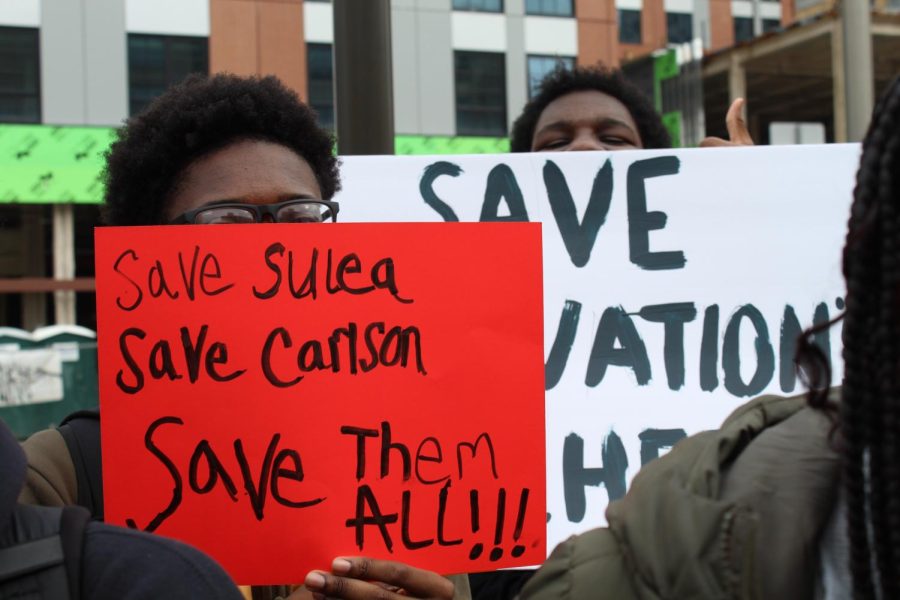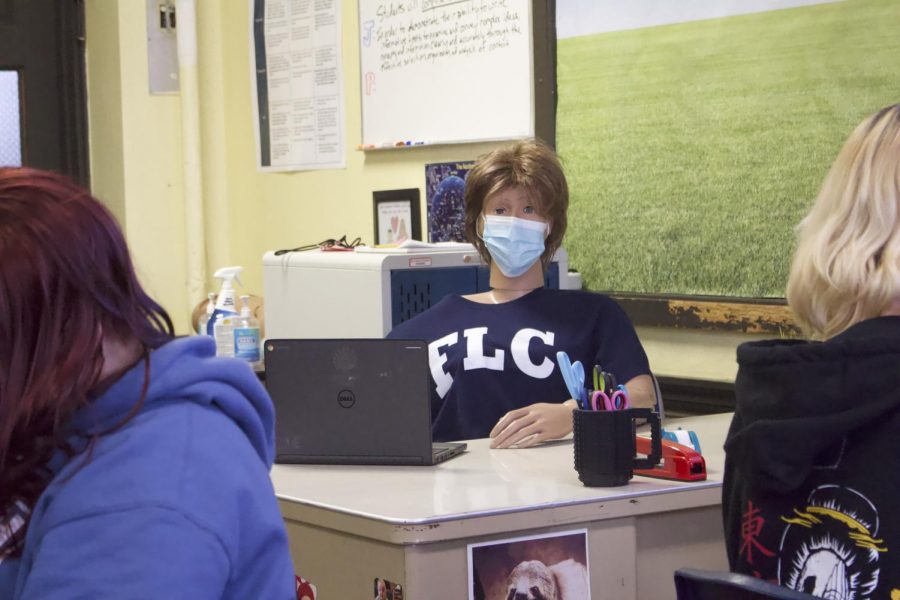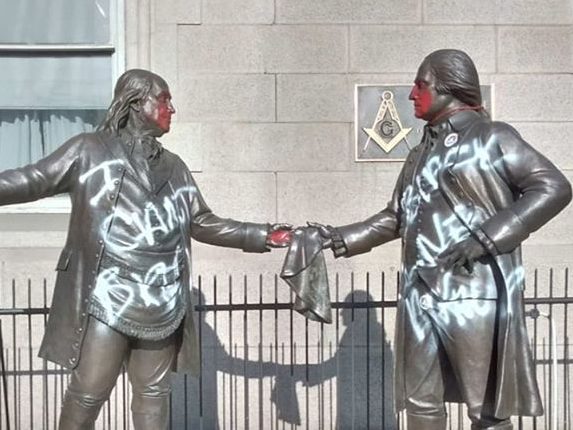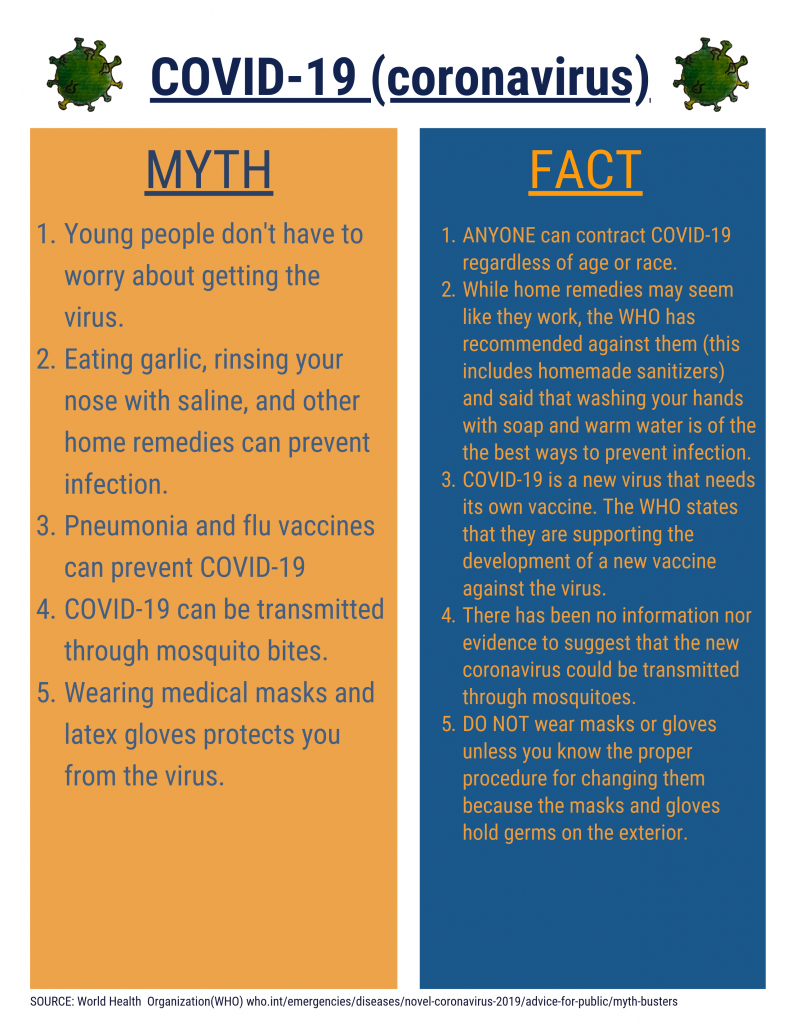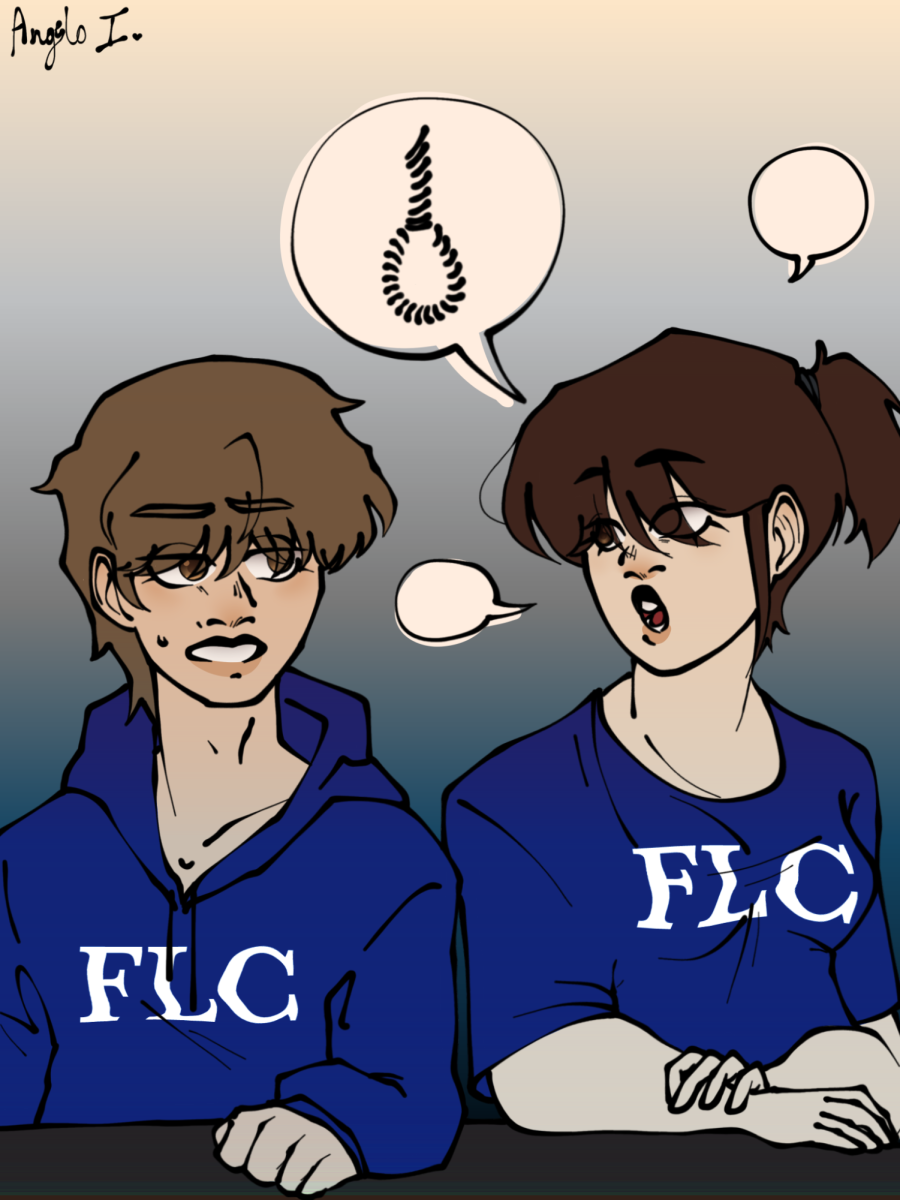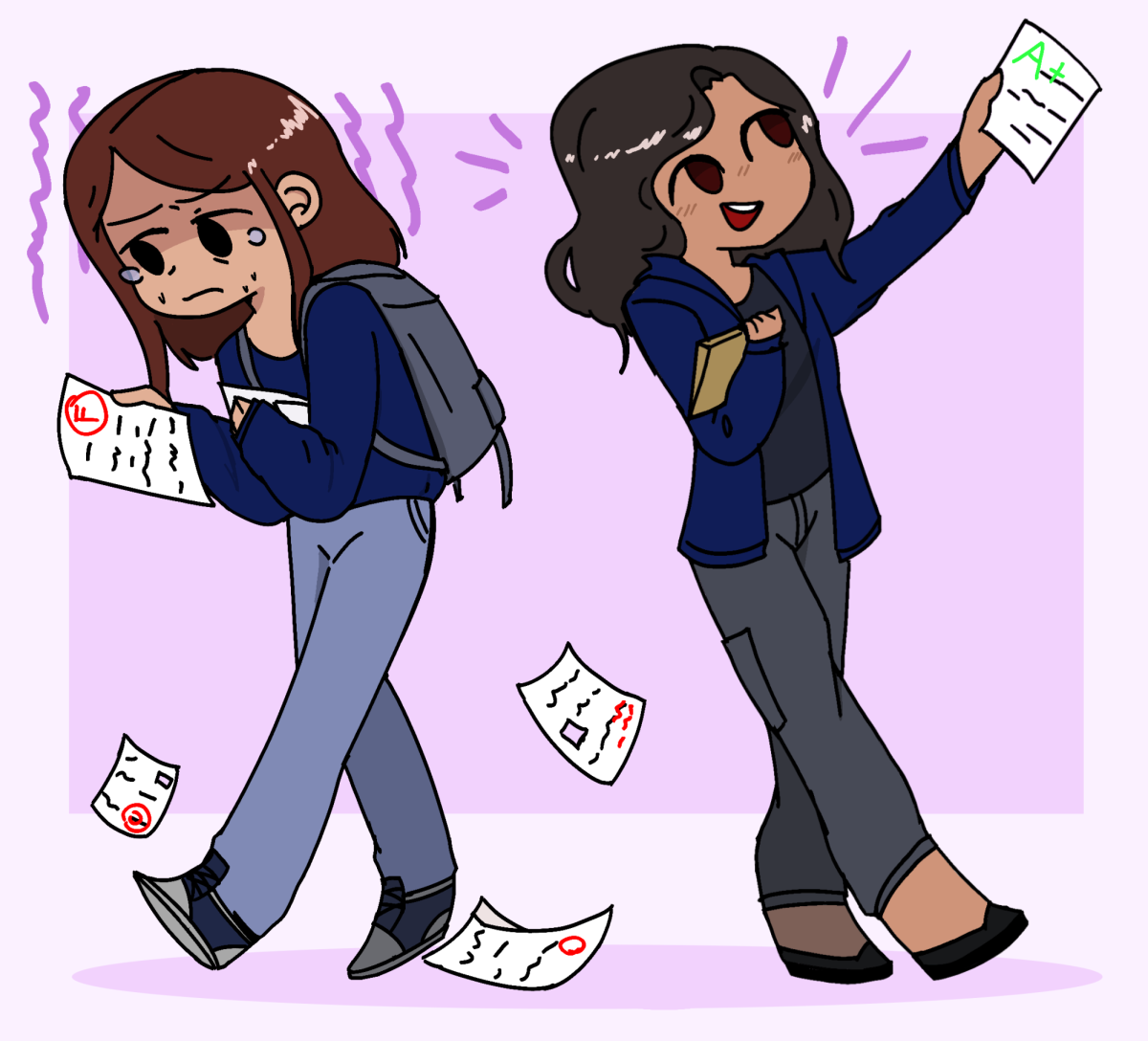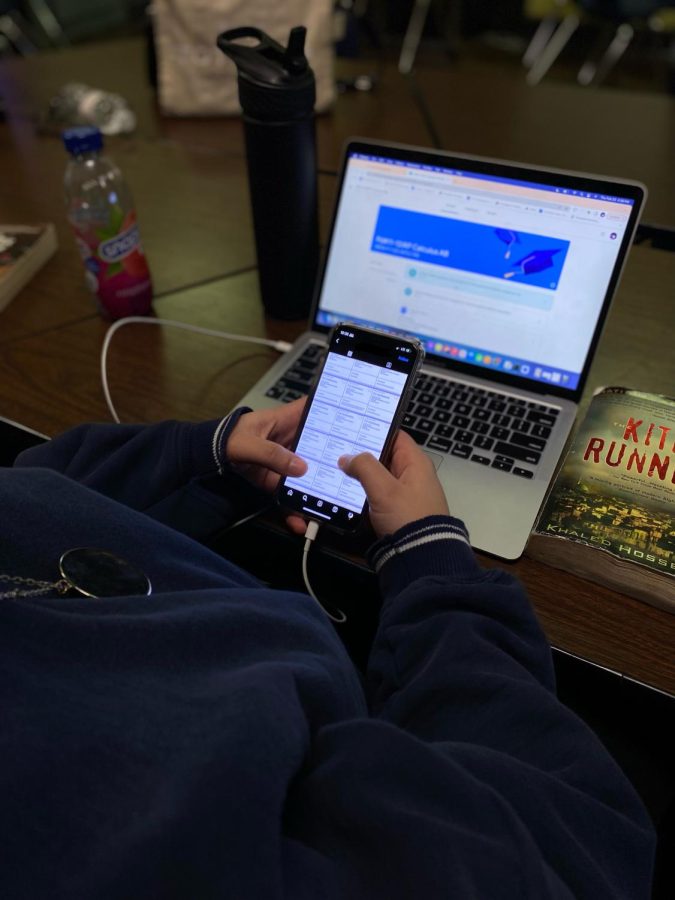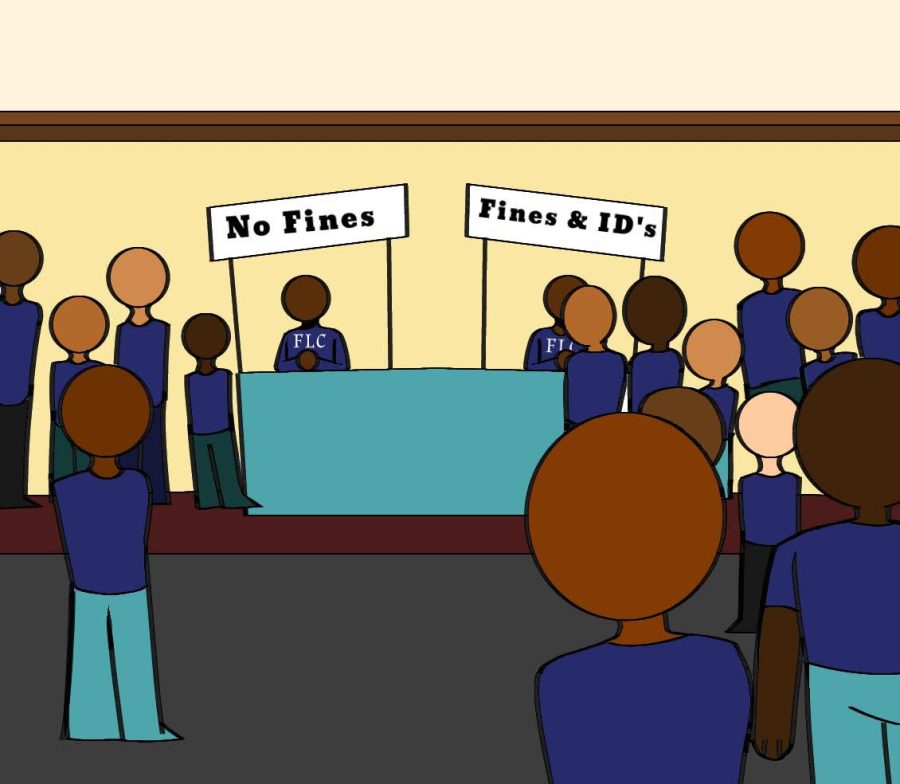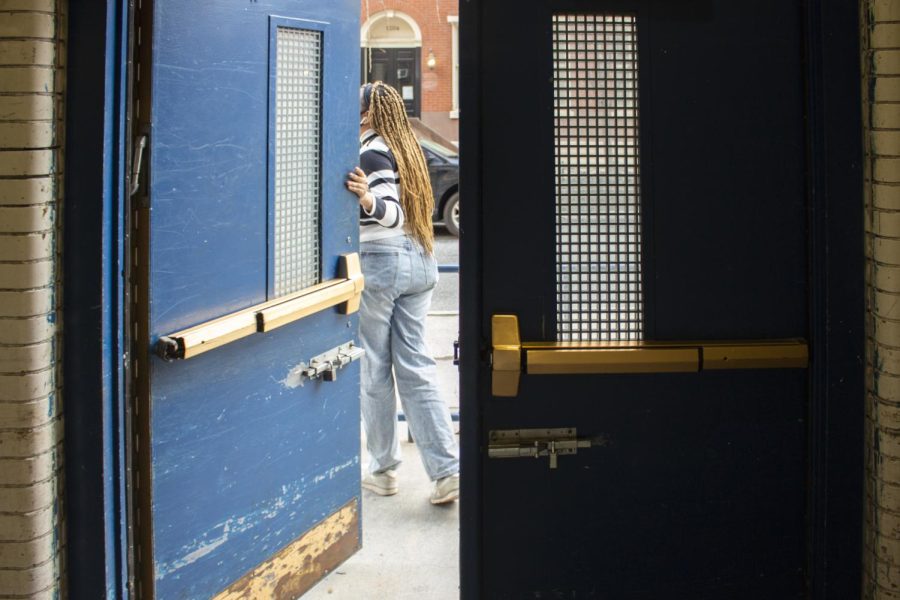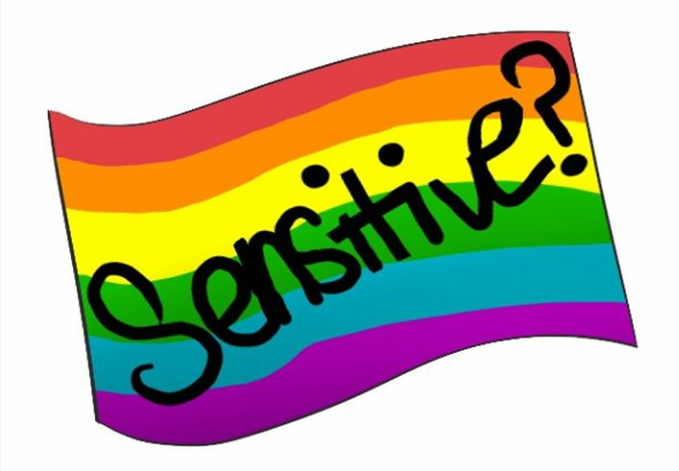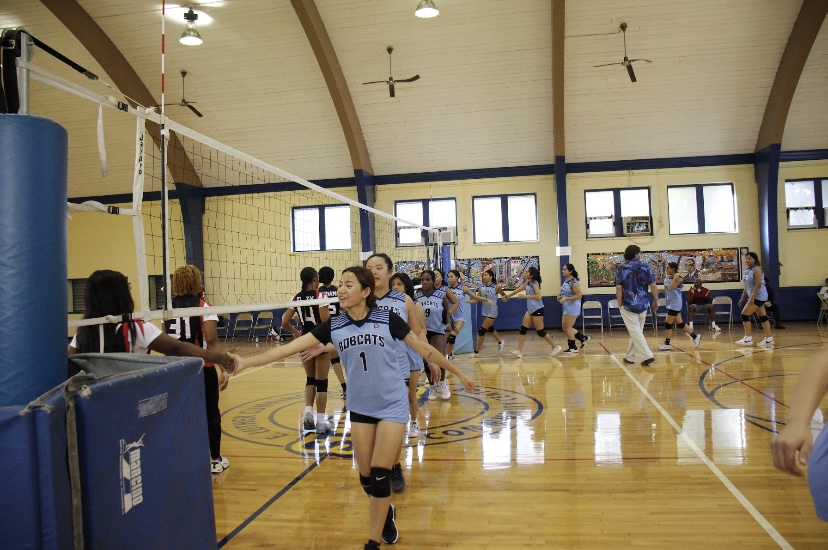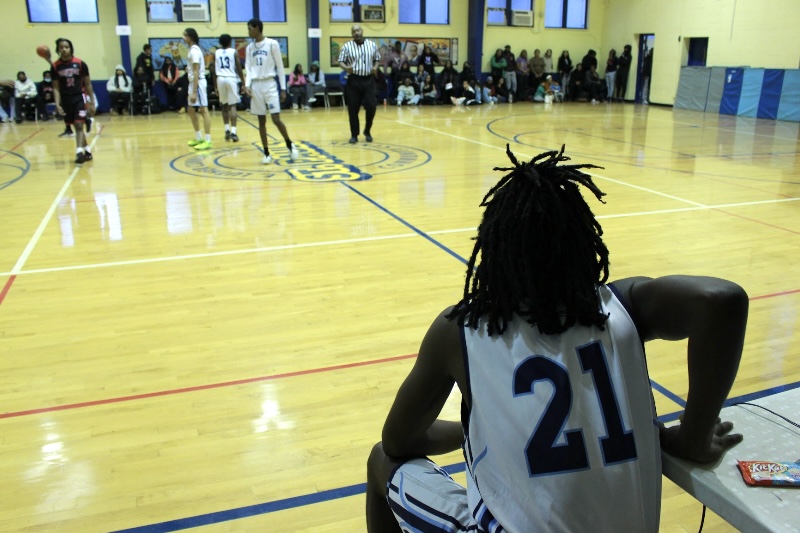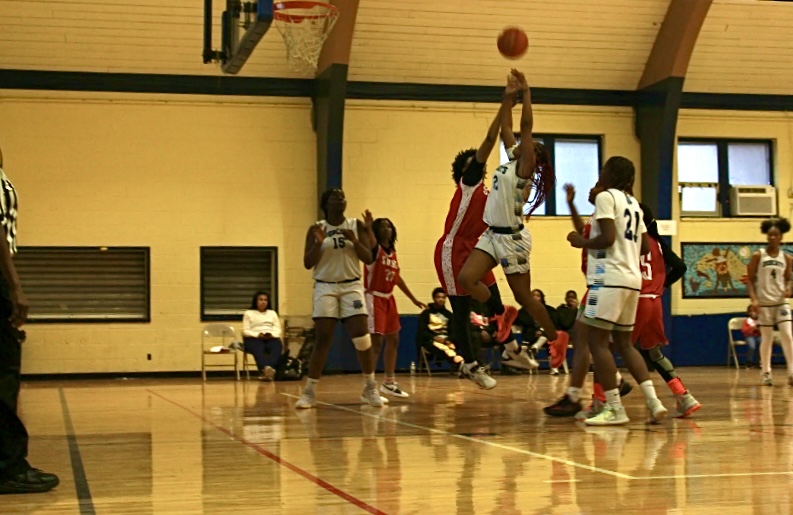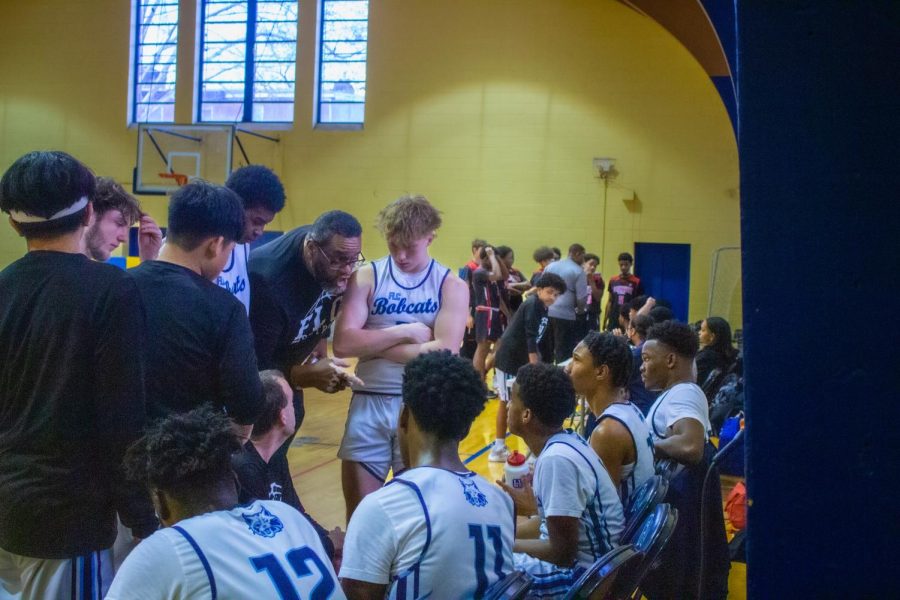Should FLC use student fines?
Leo Bender, design editor, and Gabriella DiGiacomo, social media manager.
The stand on the left stays sparse with students who have no fines. While the one on the right is packed with students who have fines to pay and missing IDs.
December 20, 2022
Although fining a child may seem like a crazy concept, it is a reality. Franklin Learning Center has a policy in which fines are given to students as a consequence for losing or even forgetting their student ID.
Though a fine, whether big or small, can dramatically affect students. A majority of students at FLC and their families are deemed economically disadvantaged and may be living paycheck-to-paycheck, just barely scraping by. Despite this, FLC’s policy is still imposing fines on these students.
It’s time for FLC to forgive student fines and cease charging new ones. Most students cannot afford to pay these additional fines, but even if they could, there are better ways to discipline students who break rules. Most importantly, Franklin Learning Center is a public school and public school is meant to be free.
Can Students Afford to Be Fined?
On October 11th, 2022 FLC’s administration sent out letters to students and their families disclosing the reason for their fines and the amount students owe. When students are initially enrolled into FLC, they are given a free student ID. In the event that students lose it or have it taken because they are out of uniform, they are responsible for either replacing it or serving a detention. Otherwise, as explicitly stated in the letter, students would get charged $1 for each day they type their student ID. In the letter, it was also mentioned that students can schedule a meeting with one of the school counselors to discuss a payment plan. Though, this poses a bigger question: what about the students who have parents who are unwilling to pay or just can’t afford to?
According to the School District of Philadelphia, as of the 2021-22 school year, 100% of students are under the category of “economically disadvantaged.” The term “economically disadvantaged” refers to students who receive state and/or federal public assistance, such as food stamps and supplemental security income (SSI), because their household income is below average. Students that receive government benefits may find it harder to pay school fines due to their financial situation. The economically disadvantaged community eligibility provision (CEP) provides low-income schools and school districts with non-pricing meal services. It is calculated by taking the total number of identified students (students approved as eligible for free meals who are not subject to verification) divided by the total number of students enrolled in the school, which is then multiplied by a 100. If that number is above 40%, then it gets multiplied by a buffer, 1.6, to get the total Free reimbursement percentage.
Although FLC’s students are classified as 100% economically disadvantaged by the School District of Philadelphia, it is not a true representation of the economic status of most of the students. The exact number of students at FLC who may be economically disadvantaged is not known, but using the equation to calculate Identified Student Percentage, it can be estimated that at least 50-62% of the students are.
What Do The Fines Go Toward?
So what are these fines being put towards? According to Nicole Lee, FLC’s Principal, the money that comes from the student fines goes into the student activity fund account, which is under the sub account, ScholarChip. ScholarChip is the company responsible for providing student ID cards and the equipment used to sign students in. Things like replacement IDs and their cases are supplied with money that comes from the fines.
Public School is Meant To Be Free
In the 1830s, publicly funded education became widespread. According to History and Evolution of Public Education in the US, “Horace Mann, a Massachusetts legislator and secretary to the state Board of Education, began to advocate for the creation of public schools that would be universally available to all children, free of charge and funded by the state.”
The creation of public schools was and is extremely important for low-income families to receive the education they need. When fines are introduced, it takes away from the free aspect of the free education that public schools were founded upon.
Fines don’t just appear out of thin air though, they’re a result of one’s misdemeanors. It’s kind of like that infamous saying, “don’t do the crime, if you can’t do the time.” Students who follow the rules don’t rack up costs.
Who is Responsible?
Although it’s only right for the school to discipline their students when they aren’t meeting expectations, fines are not the best solution. Students that come from low-income families and who choose to go to a public school should not have to deal with or worry about being fined by their school.
Franklin Learning Center is a public school, therefore, meant to be free. Fining students should not be a choice when it comes to having to discipline students. There are no circumstances in which it is right for the school to take money from students and their families. Students shouldn’t be fined, especially in today’s economy.


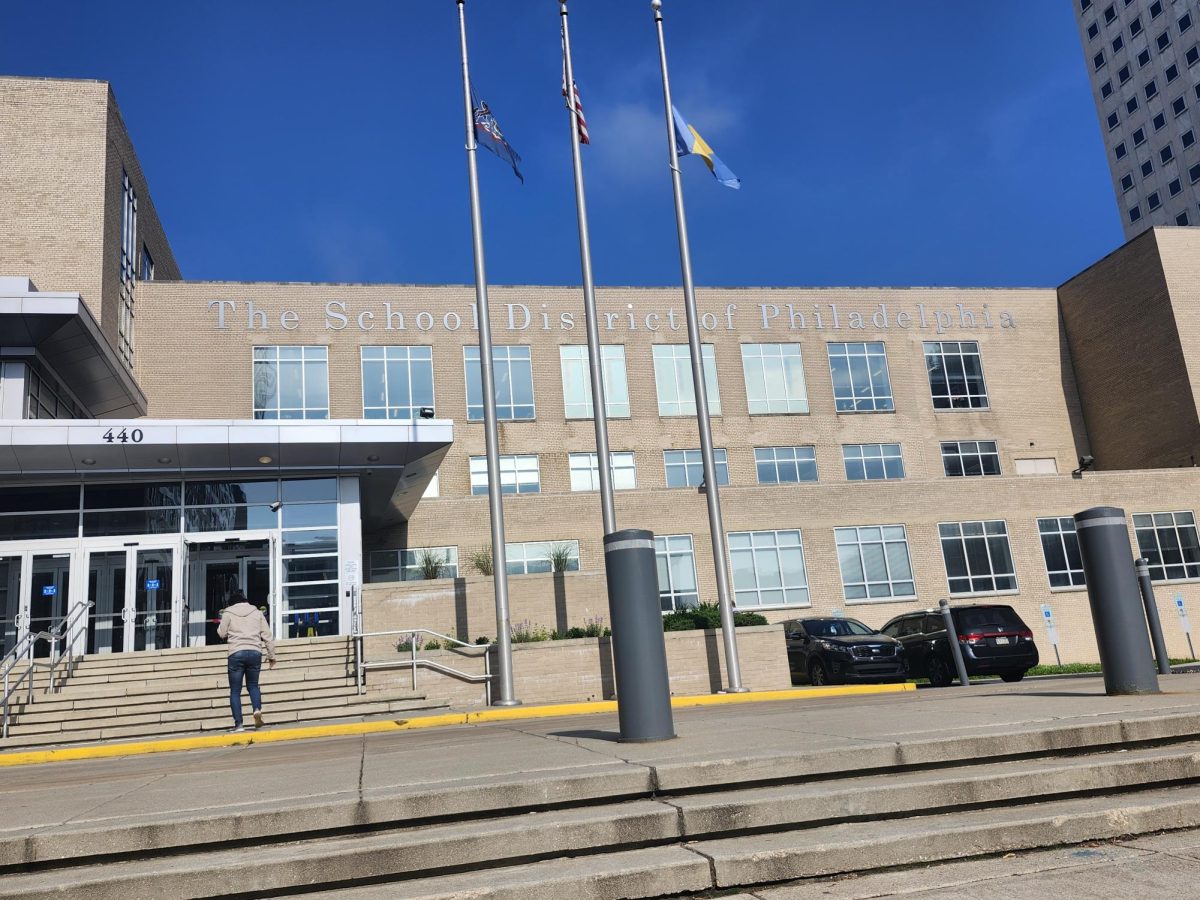


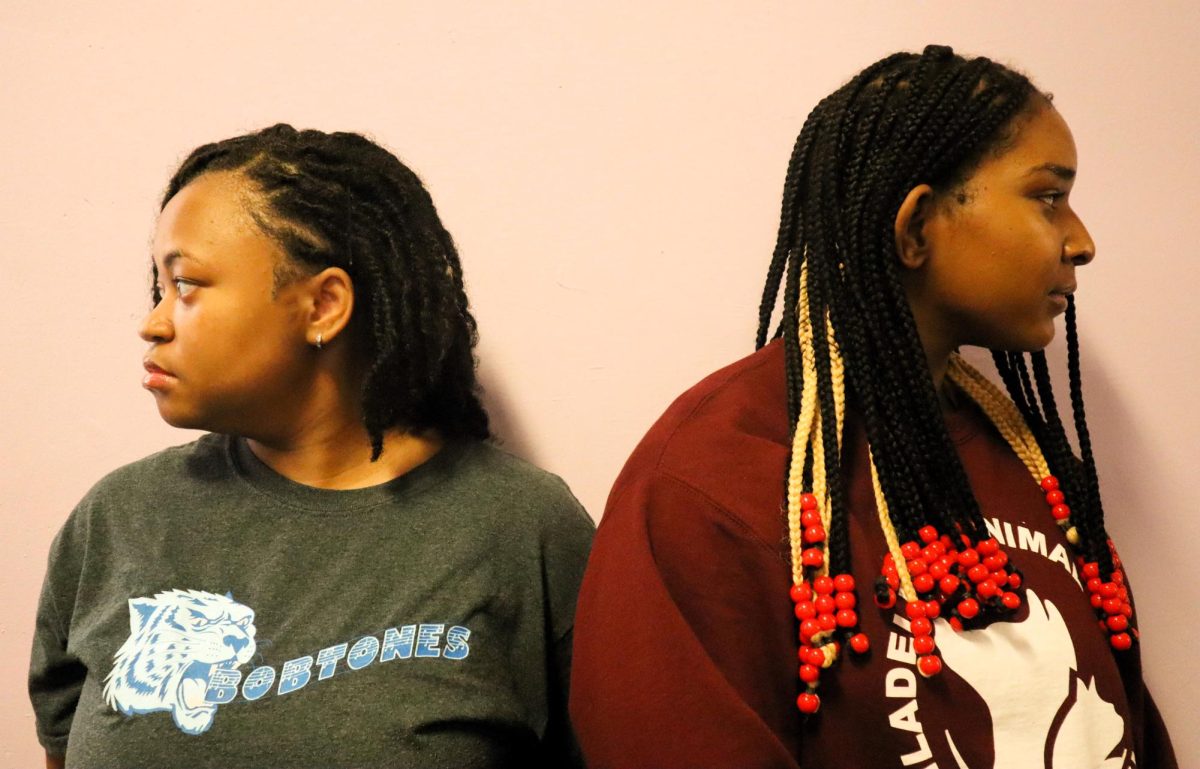
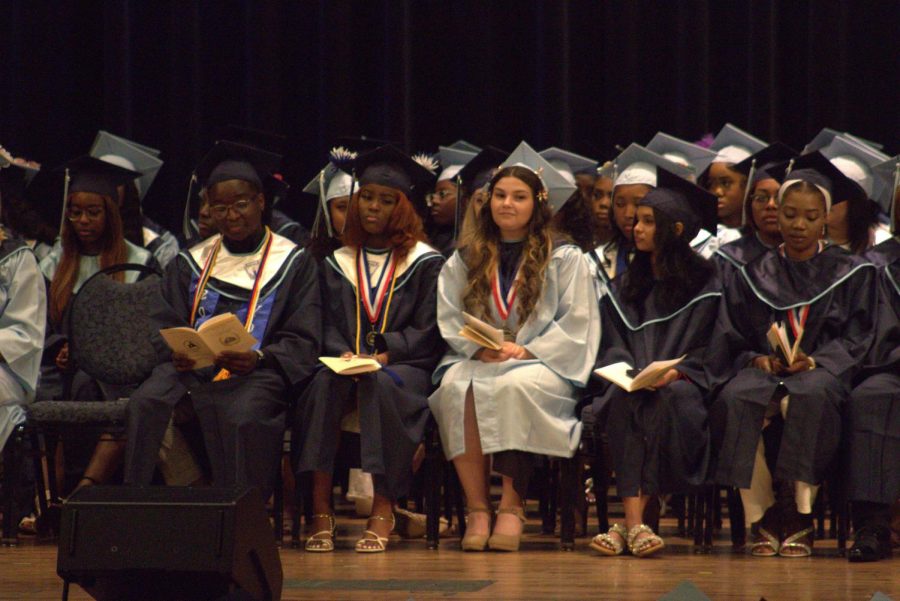
![[VIDEO] FLC 10th grade student awarded $40,000 in a BigFuture Scholarship](https://theflashflc.org/wp-content/uploads/2023/05/Screen-Shot-2023-05-02-at-4.39.10-PM-900x493.png)
![[VIDEO] Mayoral candidates campaign on student issues](https://theflashflc.org/wp-content/uploads/2023/04/IMG_1387-900x506.jpg)
